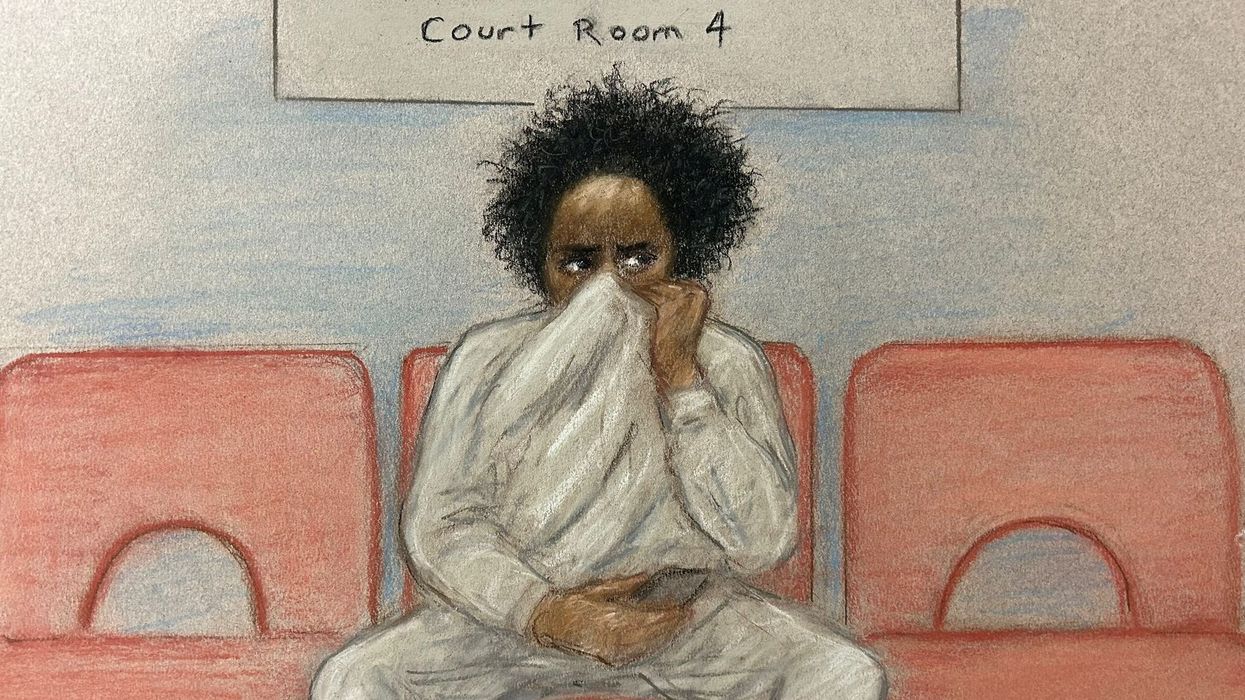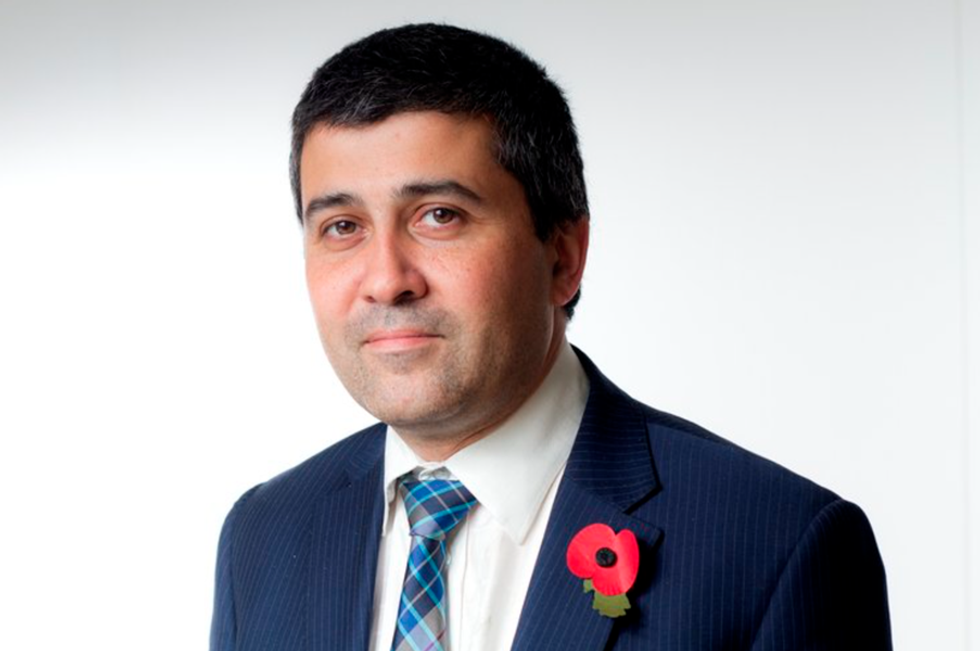by STEVE ROSE
THE de-politicisation of the actions of the suspect in the Christchurch mosque attacks demonstrates how discussions in the mainstream press remain stubborn, reflexive and solipsistic.
They are not reflective nor introspective. Think pieces which place Islamophobia in quotation marks following the tragic events of last week deserve scorn, not editorial approval.
Rather, we should ask: how did we arrive here? But that’s just one aspect of the problem, as the echo chambers which inspire such ideological devotion find validation in various forms from main- stream figures and sources which ‘other’ Muslims as cultural threats who deserve their marginalisation. Islamophobia and anti-Muslim hatred are real, growing problems that go beyond criminal acts, from discriminatory attitudes and normalised bigotries which harm the mobility and employment prospects of Muslims, to the disproportionate use of police and counter-terror powers.
Much of my job involves trying to understand what motivates the far-right, but how accessible and mainstream their talking points have become, not just in 2019 or even a decade ago. History compels us to look further. Both the Conservative party under Margaret Thatcher, and New Labour under Tony Blair and Gordon Brown, are guilty of main- streaming the far-right when politically expedient.
Was Brenton Tarrant radicalised on his tour of Europe? His self-aggrandising and racist screeds reflect a broader neurosis in the European, North America, and Australasian radical right. The obsession with demographics and mythologised narratives linking Muslims more broadly to criminality populate tabloids. US president Donald Trump famously told CNN in 2016: ‘I think Islam hates us’.
Tarrant, like other far-right terrorists has welded himself to a grander narrative: of a collective struggle against invaders, be they Muslim, Jewish, or other minority groups which span centuries of violent European history. The misuse of history helps to further a deeper sense of an impending civil war, or clash of civilisations; where individuals feel ob- ligated to assert their racialised rage at Muslims as a form of pre-emptive violence, where their justifications are couched in mainstream talking points and news articles. The conclusion of which, in this tragic example, is genocidal. It’s no coincidence that his musical choices reflected the propaganda of genocidal regimes of Nazi Germany and Rado- van Karadžic, the “Balkans butcher”.
Where does this narcissistic idea of ‘revenge’ stem from? The academic Sara Ahmed posits that fascist forms of love are a product of ‘narcissistic whiteness’ which inverts hatred and racial violence into acts of redemption born from a love of the self (whiteness) and the imagined ideal of the nation- state. This narrative of love, from fascists and the extreme far-right, centers the risk the in-group faces from the out-group. It’s why the infamous neo-Nazi slogan ‘14 words’ – one of the clearest examples of this narcissism was written in Tarrant’s manifesto, and on his weapon.
Ahmed further states that such a reversal of logic places ‘race-mixing’ as a form of hatred. This point also extends to the hatred Tarrant applies to white individuals who have converted to Islam. Such actions are a form of betrayal, a betrayal drenched in racialised language. How then could the adage ‘Is- lam is not a race’ be true?
Tell MAMA continues to document how racialised ideas about Muslims see white converts referred to ‘P***s’, as racialisation, after all, incorporates ‘cultural factors in addition to traditional, physical markers of race and ethnicity’.
In Tarrant’s native Australia, the senate almost voted in favour of a bill full of far-right talking points, including the now infamous phrase ‘It’s Okay to be White’. Nor is it an accident that Tarrant made this gesture when in court.
Tell MAMA has seen a rise in racist incidents fol- lowing the terror attack in Christchurch, on social media and offline. This reality should shock us into changing attitudes and challenging hatred. Spreading Islamophobia or anti-Muslim stereotypes should not be rewarded with column spaces. Nor should accountability for one’s actions or comments result in half-hearted apologies. We can and should as- pire to do better. And that extends to centring the voices and lived experiences of Muslims both in mainstream media outlets and in politics.
- Steve Rose writes about Islamophobia and the far-right for Tell MAMA and Faith Matters.





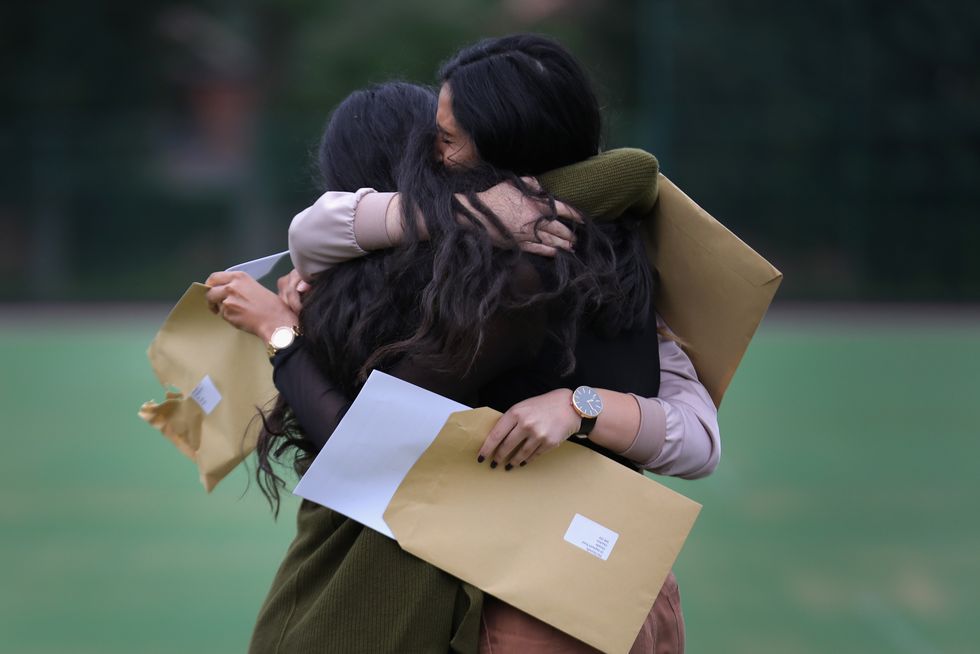 Private schools have been impacted by the 20 per cent VAT imposed on them
Private schools have been impacted by the 20 per cent VAT imposed on them











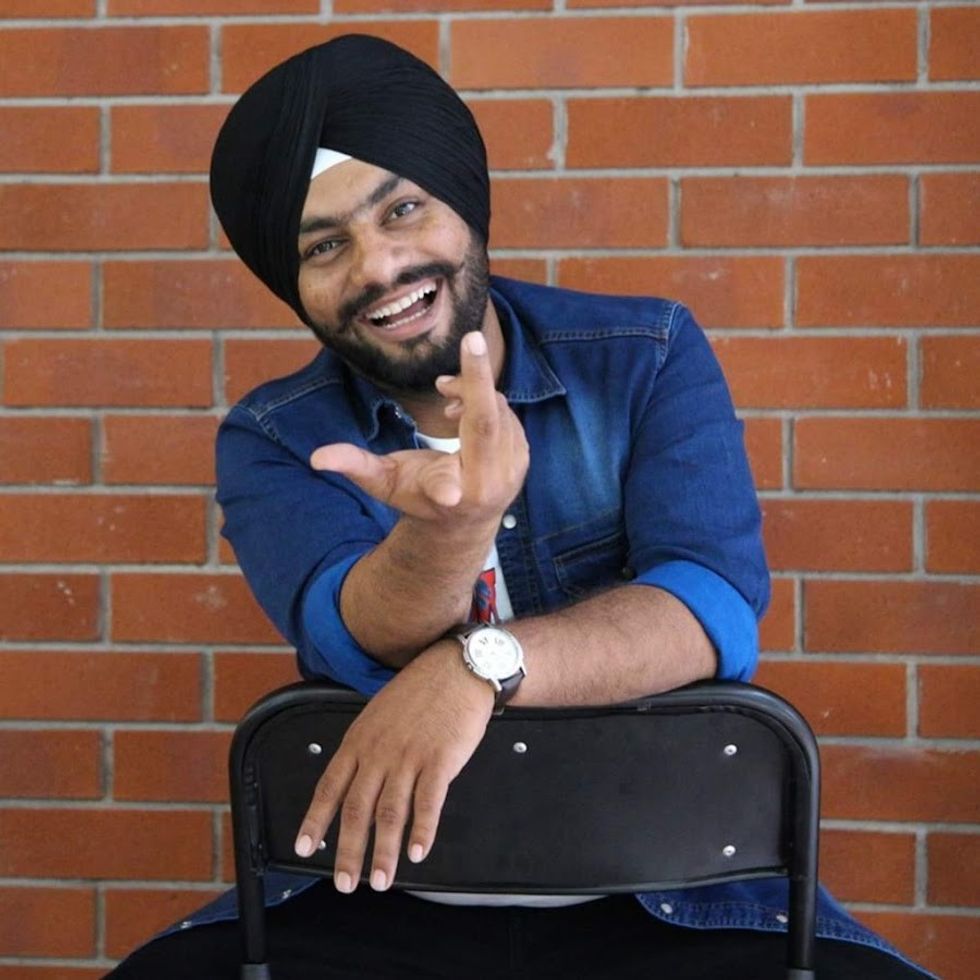 Manpreet Singh
Manpreet Singh Anuja
Anuja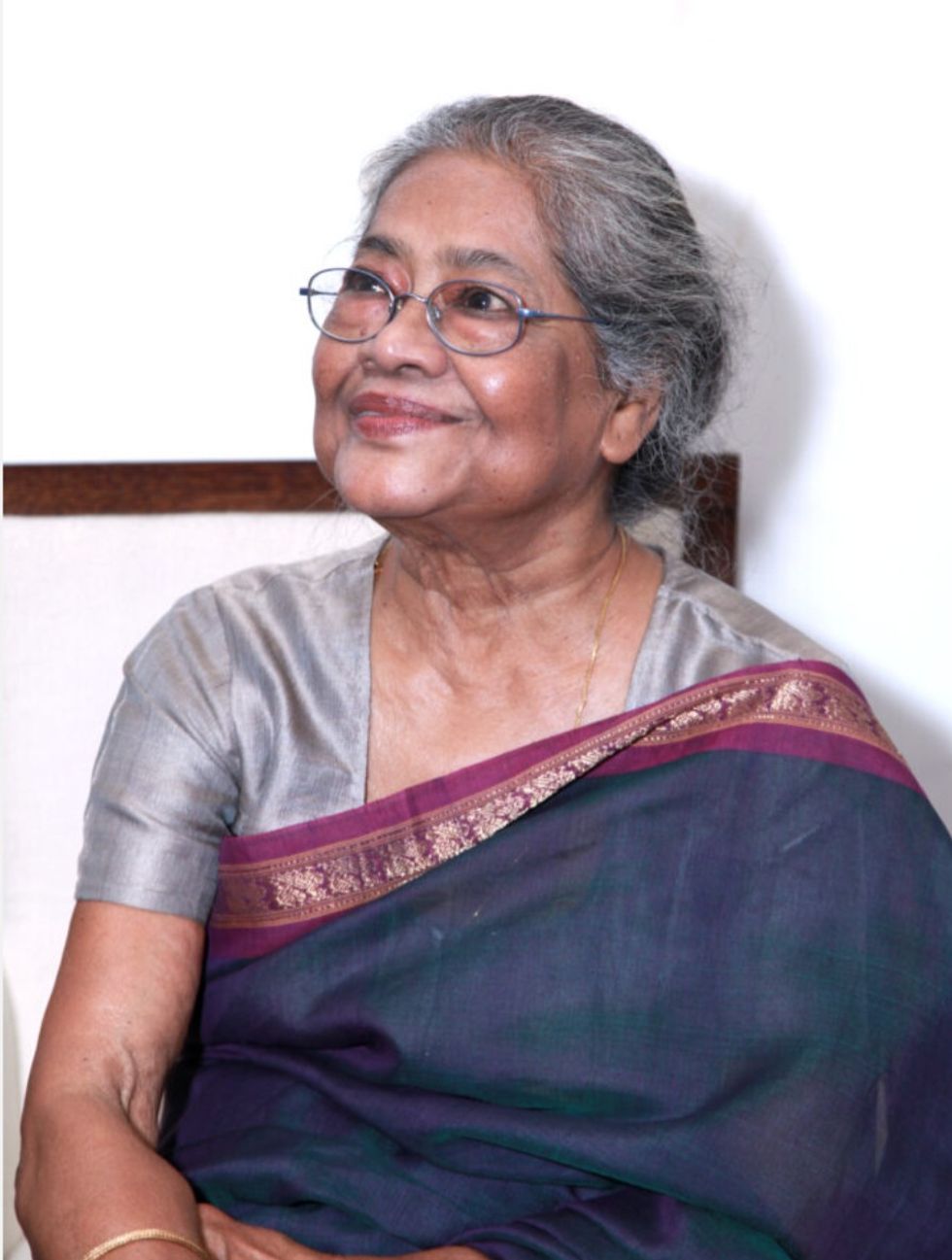 Arpita Singh
Arpita Singh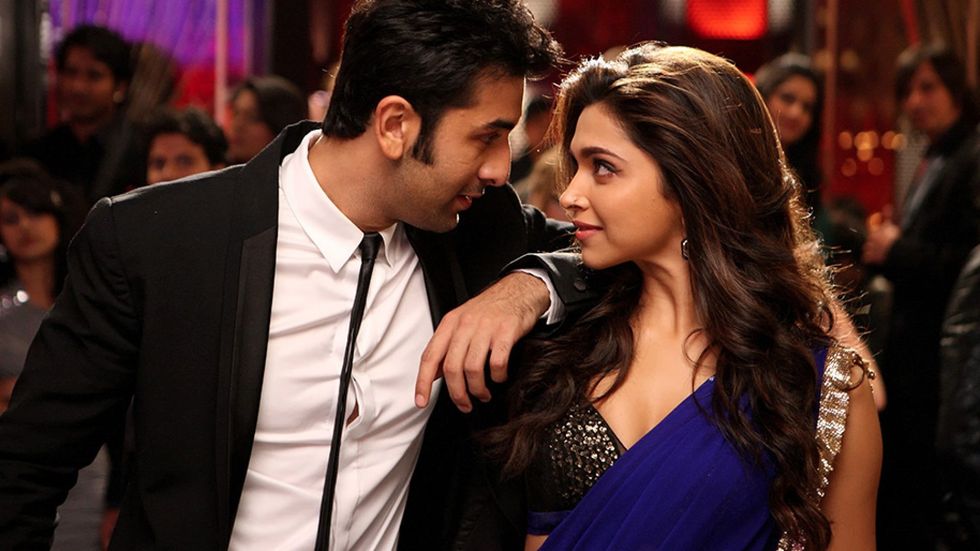 Yeh Jawaani Hai Deewani
Yeh Jawaani Hai Deewani Baby John
Baby John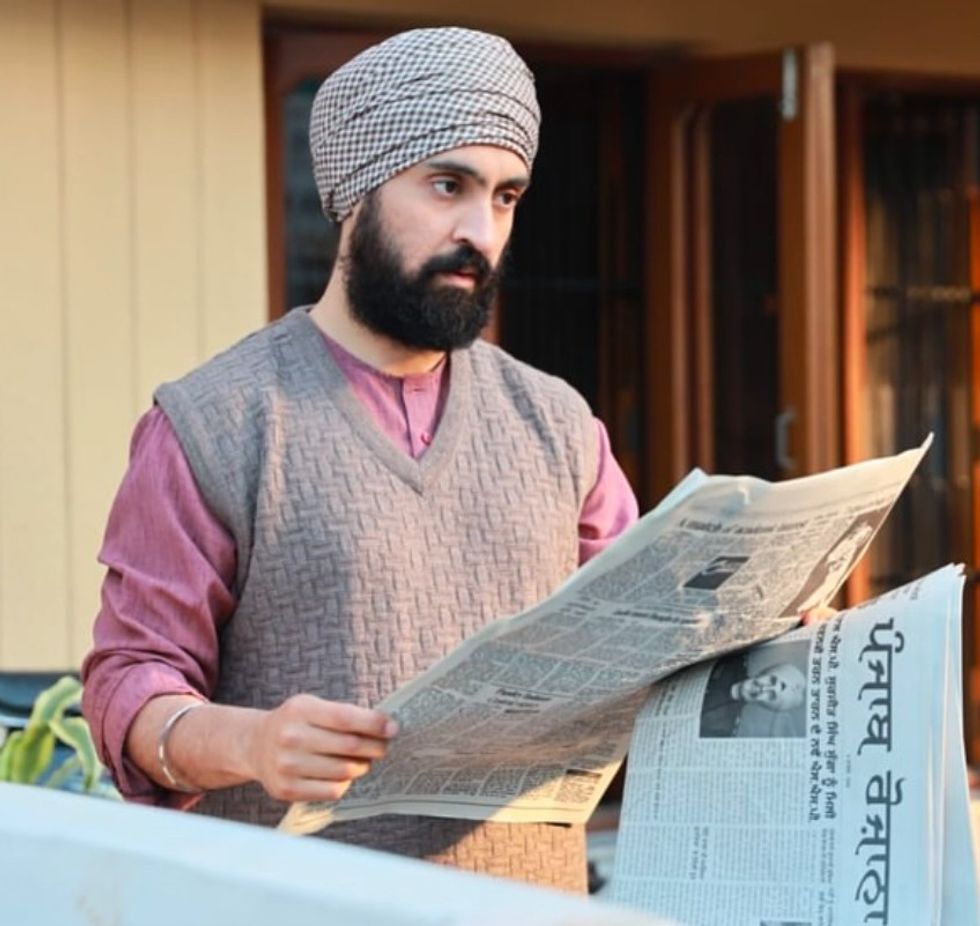 Punjab 95
Punjab 95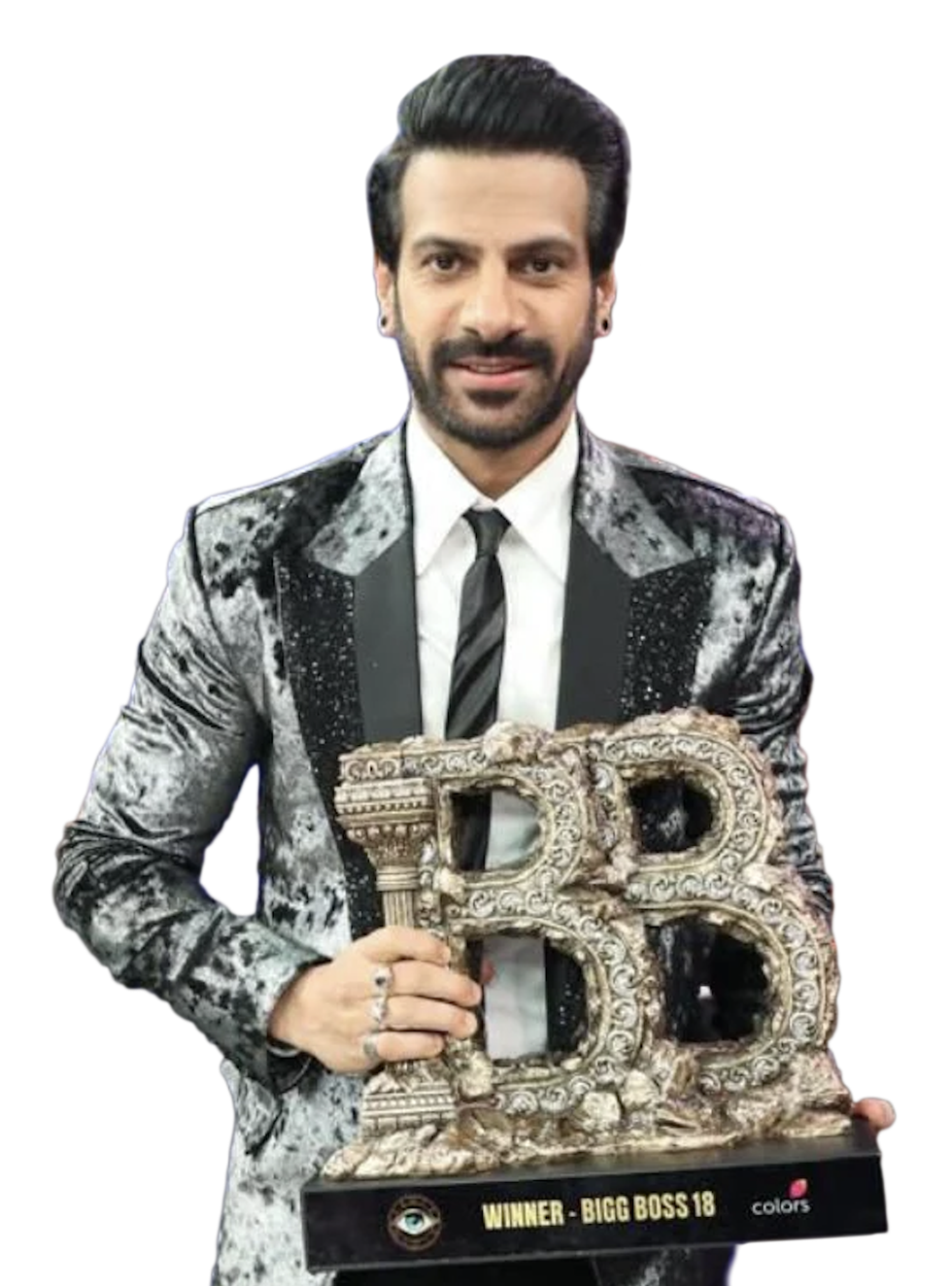 Karan Veer Mehra
Karan Veer Mehra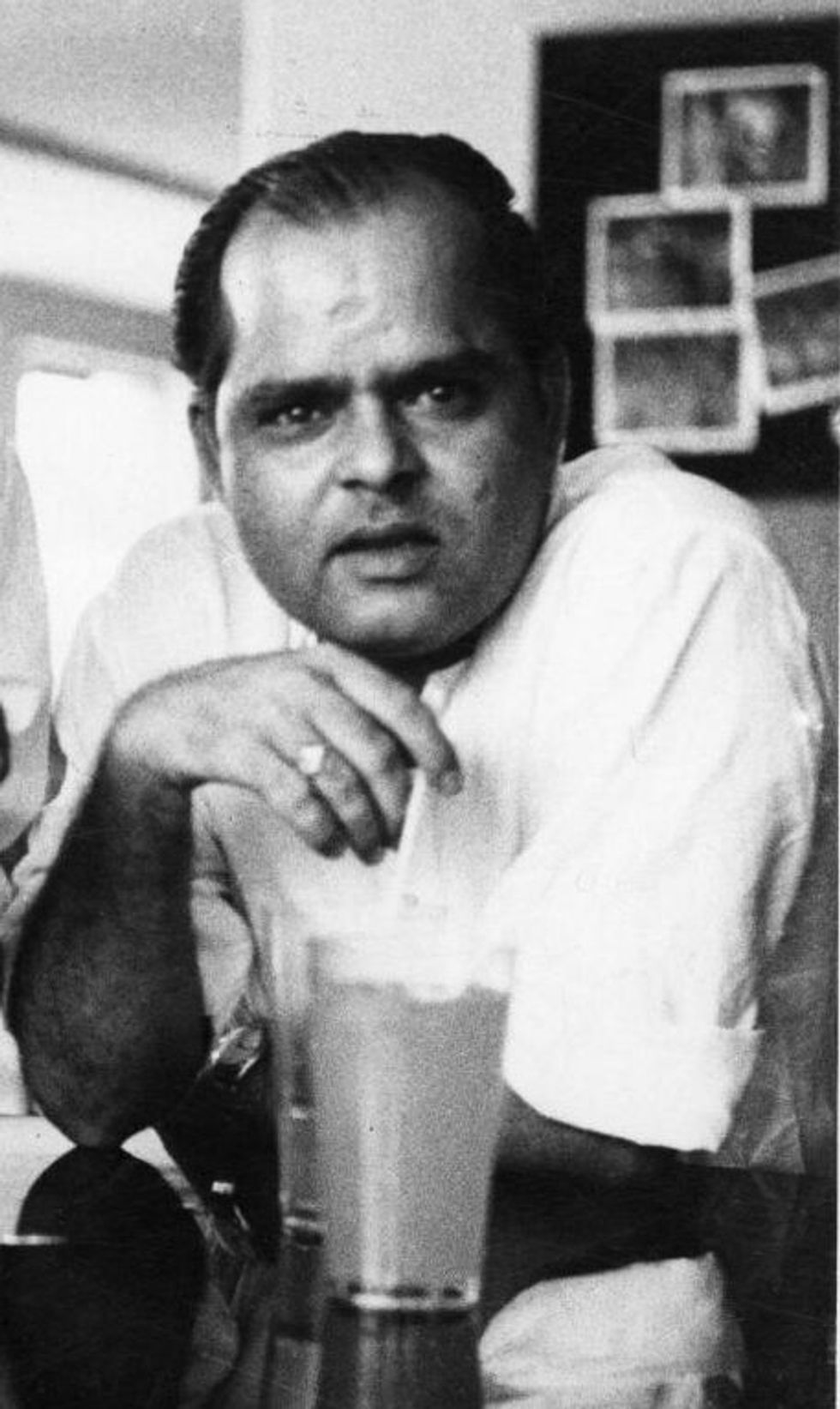 Roshan
Roshan Emergency
Emergency
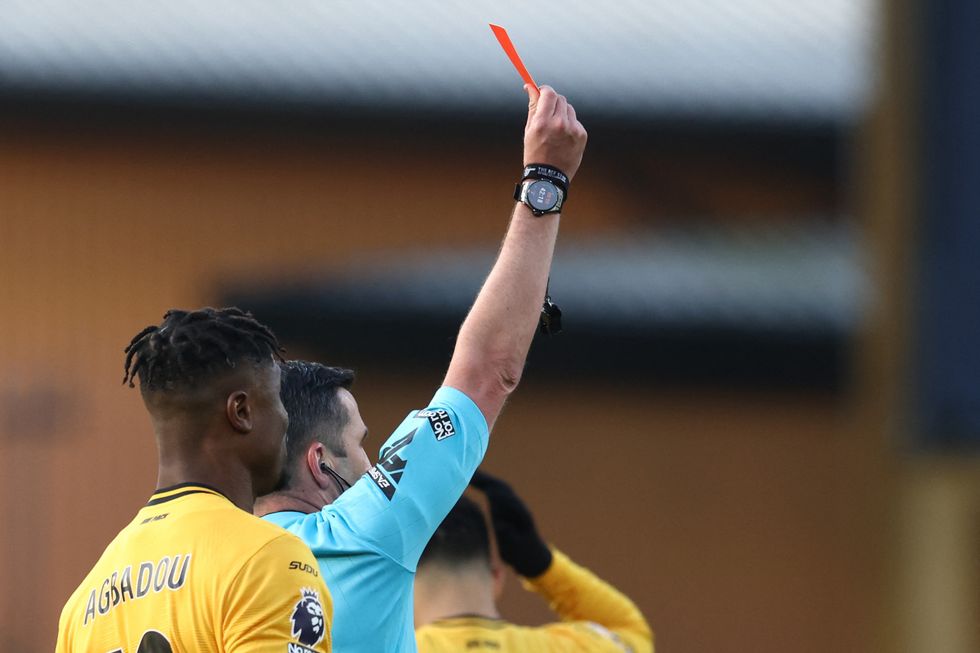

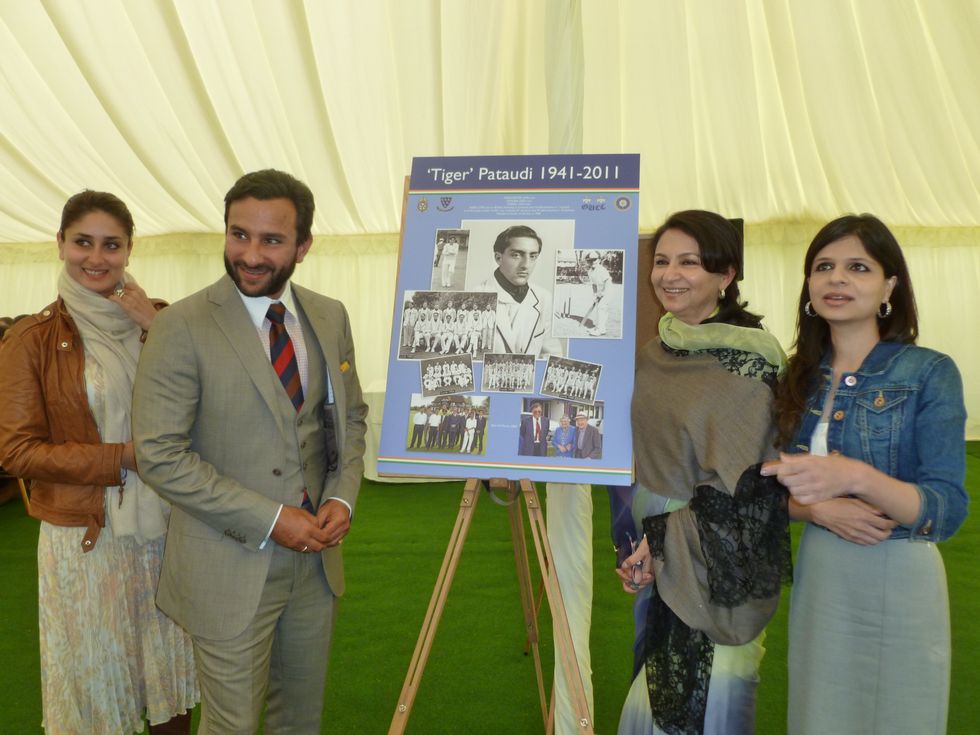 The actor with Kareena Kapoor, Sharmila Tagore and Saba Ali Khan
The actor with Kareena Kapoor, Sharmila Tagore and Saba Ali Khan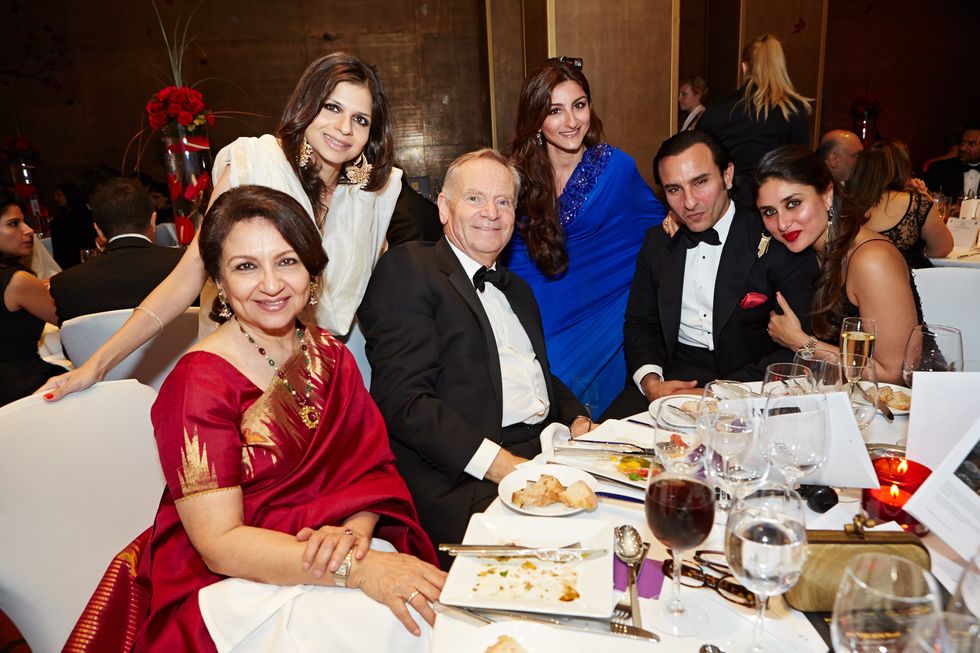 Sharmila Tagore, Saba Ali Khan, Lord Jeffrey Archer, Soha Ali Khan, Saif Ali Khan and Kareena Kapoor at a 2013 event
Sharmila Tagore, Saba Ali Khan, Lord Jeffrey Archer, Soha Ali Khan, Saif Ali Khan and Kareena Kapoor at a 2013 event Saif's father, Nawab of Pataudi, Mansur Ali Khan
Saif's father, Nawab of Pataudi, Mansur Ali Khan